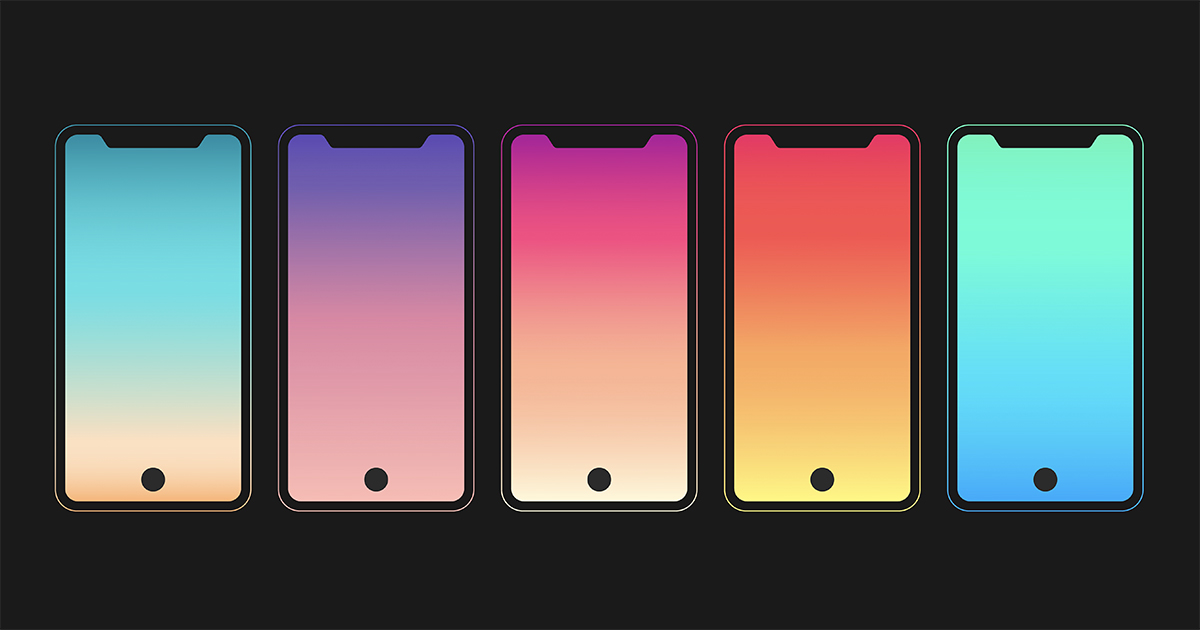
For every TikTok star raking in millions, there are thousands of other creators who can barely make ends meet. There’s a solution to that and it involves creators weaning off social media and establishing their own leaner but higher value community of followers.
A new report analyzing the business model of 1,600 creators advises them to invest time and effort building niche communities on a single platform, where growth and profitability are less reliant on scale.
One of those platforms is the report’s sponsor, Mighty Networks.
“What came through loud and clear is that creators are not ever going to leave social media,” says Mighty Networks founder and CEO Gina Bianchini. “This is not about ‘hashtag delete Facebook.’ We are talking about people being much more mercenary about social media in pursuit of finding meaning, and being much more of a missionary when it comes to their own community and their own, direct model. They are putting ownership front and center.”
“The allure of platforms like Facebook and Instagram for creators has been the instant ability to plug into those platforms’ networks. But the idea now is for creators to build up their own networks, using their own tools.” — Nicole Laporte
The report suggests a manifesto of action for those looking to get off the treadmill of mass daily social media posts for little reward. It’s neatly outlined by Nicole Laporte, writing at Fast Company.
1. Own, Don’t Rent
Creators should wean themselves from reliance on Facebook and Twitter and head to platforms like Kajabi, Substack and Gumroad, where they can own their own content through subscriptions, memberships, and tips. According to the report, 57% of creators see direct revenue through features like subscriptions as more crucial to their future than social platform revenue.
CRUSHING IT IN THE CREATOR ECONOMY:
The cultural impact a creator has is already surpassing that of traditional media, but there’s still a stark imbalance of power between proprietary platforms and the creators who use them. Discover what it takes to stay ahead of the game with these fresh insights hand-picked from the NAB Amplify archives:
- The Developer’s Role in Building the Creator Economy Is More Important Than You Think
- How Social Platforms Are Attempting to Co-Opt the Creator Economy
- Now There’s a Creator Economy for Enterprise
- The Creator Economy Is in Crisis. Now Let’s Fix It. | Source: Li Jin
- Is the Creator Economy Really a Democratic Utopia Realized?
“In this model, Big Social serve as feeders and funnellers, not feudal overlords,” says Bianchini.
2. Niche Not Broad
The report says that for a creator to earn $1,000 a month, they need either 229 Substack subscribers, 224 Patreon supporters, 100,000 Instagram followers, or 2 million monthly YouTube views.
The reason? Smaller, more targeted audiences that are as much about joining a community as following an individual are ultimately more valuable to creators. That’s because creators are able to connect followers to each other and unite them in a passionate cause, per se, as opposed to giving them a place to simply ‘like’ or leave a comment about content.
3. Community Not Audience
New, independent creators are more interested in building hubs where people gather and communicate as opposed to places where people drop by to click a few thumbs-up buttons.
“Through memberships and subscriptions, creators can offer their community members more — specifically more opportunities to engage and more events to attend that are all aimed at bringing the group closer,” writes LaPorte. “This means creators are less beholden to a model where they are having to constantly entertain audiences with an endless stream of content.”
According to the report, while creators feel they have to post five to seven times a day on Big Social platforms in order to generate enough revenue to live on, one community platform generated $1,000 a month with just two to three posts per week.
4. Network Effects Not Conveyor Belts
“The allure of platforms like Facebook and Instagram for creators has been the instant ability to plug into those platforms’ networks,” says LaPorte. “But the idea now is for creators to build up their own networks, using their own tools.”
Again, the idea is not just to serve up content to an array of social media sites, but to build a primary online hub that followers will come back to again and again because of its community atmosphere. These communities need not have massive social media followings. The report says that on one platform that allows creators to build their own direct-to-consumer following, the platform’s top 250 revenue-producing users had a median social media following of just 8,500.
Bianchini reasons that once people make this calculation — that “it’s easier to be successful with a smaller number of people” — the size of the creator economy will balloon from its estimated size of 50 million creators to several times that.




